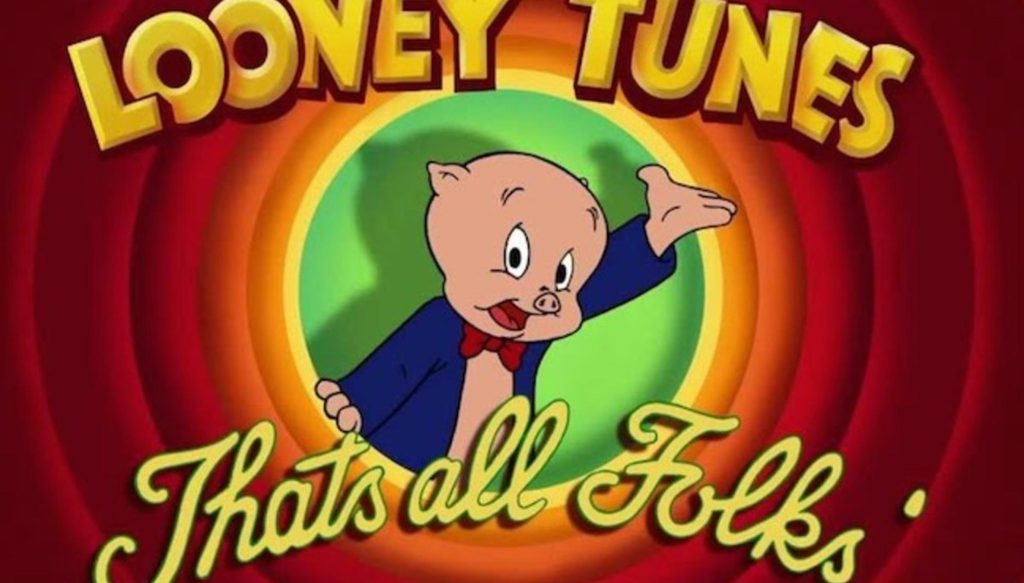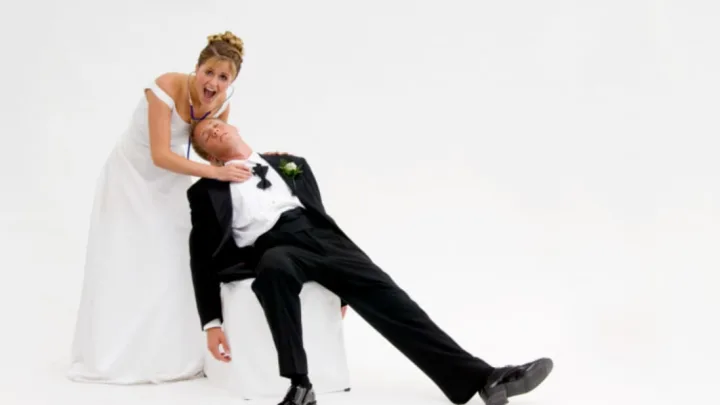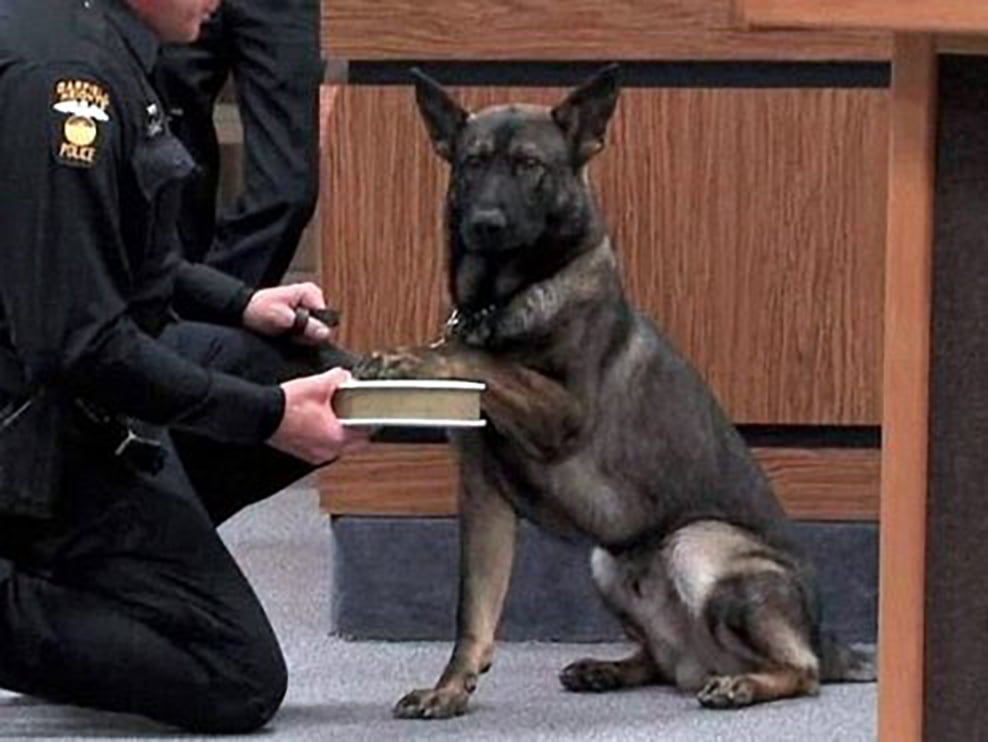Here Is A Conundrum For You

Every state requires a Certificate of Merit for a medical malpractice case. The Certificate establishes that you had the records reviewed by a qualified expert and that the case has merit. What if the basis for your claim is that a doctor was supposed to perform a consultation in a hospital and failed to do so leading to paralysis in your client. Do you still have to file the Certificate of Merit? The safe thing to do is to pay the expert and get the Certificate of Merit to avoid headaches and cover your tail. But, if you wanted to fight this issue out, why do you need an expert? An expert is supposed to help jurors understand something beyond lay people’s comprehension. In this situation, a doctor requested help from a surgeon. The surgeon failed to follow up and the patient was paralyzed. Is that beyond the jury’s comprehension? Well, certainly the being asked to do something and failing to do it is not beyond comprehension. But, the resulting injury is surely in need of some expert testimony. But, assuming you get that testimony elsewhere, do you need a certificate of merit to assert that a doctor failing to perform a consult is malpractice? I think one should not be needed.
Once upon a time, I was a defense lawyer and tried a case where a cardiologist did not perform a consult on a patient with signs of a heartattack. The doctor was forthright and said that he forgot to do it and picked up a child at a swim meet. The patient ended up dying as a result. There was a lot of discussion of whether the patient died due to the failure toany med mal cases are. However, in the end, the jury awarde perform the consult or whether the patient’s heart was compromised before he got to the hospital. It was a sad case all around as md $100,000 in damages, likely reducing the potential verdict in light of the decedent’s age of 93 or so.
Nevertheless, it was a simple and instructive situation. If you don’t do what you are required to do, there is really no defense argument that you did not commit malpractice. So, in retrospect, the Certificate of Merit seems unwarranted in principle. In actuality, I have to get the Certificate and waste $10,000 on an expert to say something that all lawyers involved in the case know is a given.






